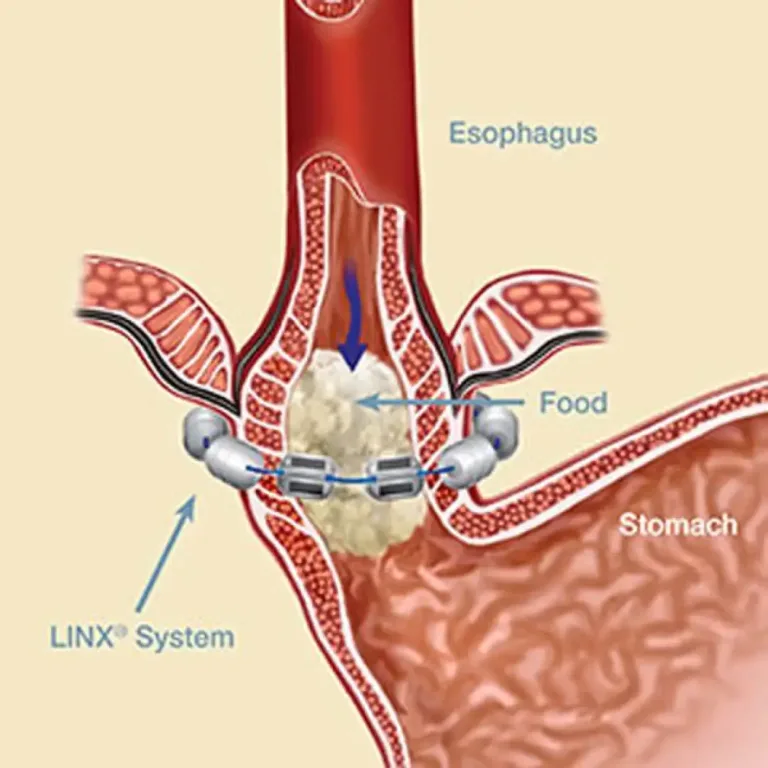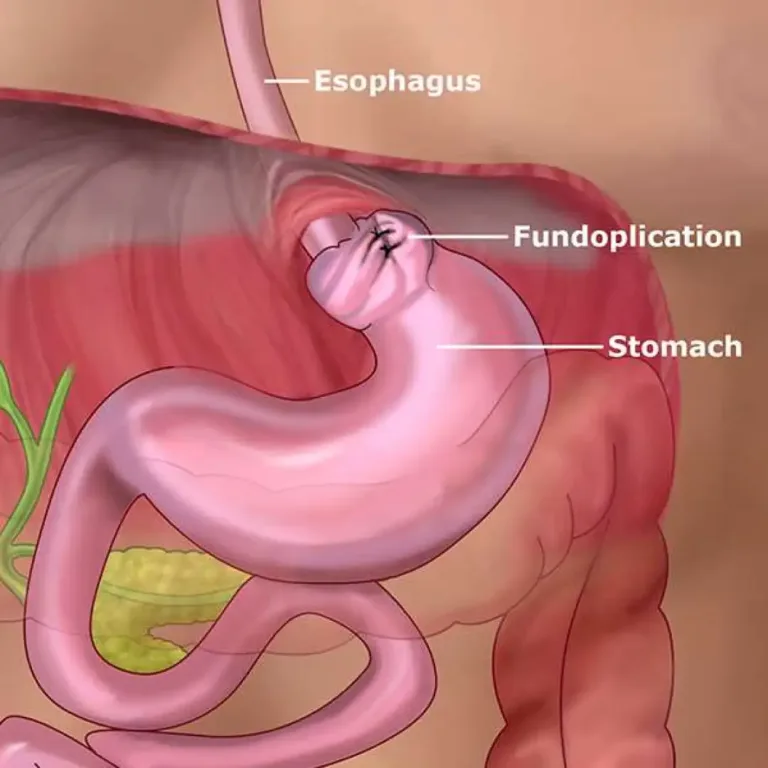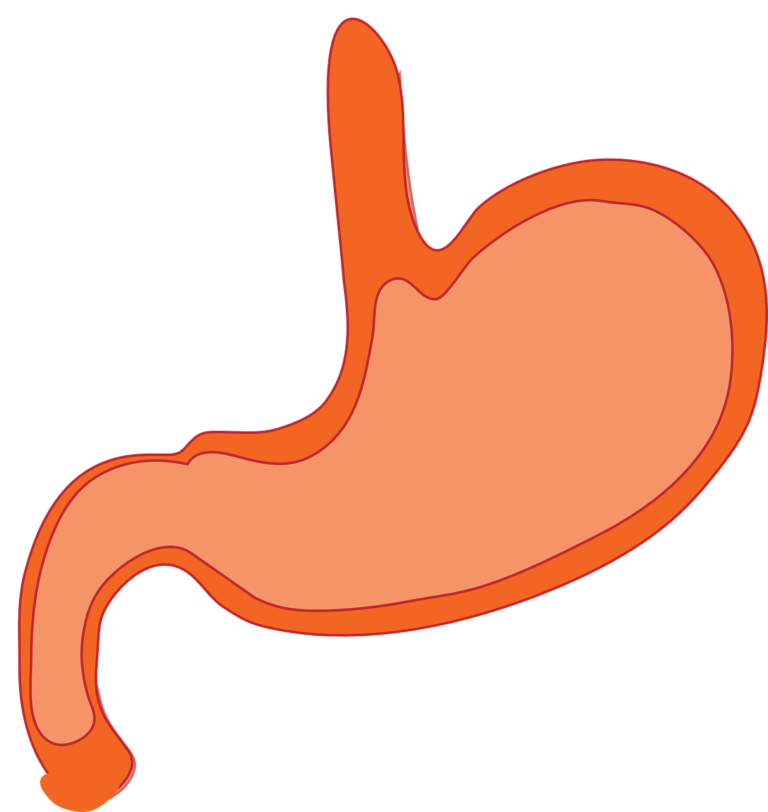Functional heartburn pertains to the manifestation of painful burning sensations located behind the chest bone, in instances where there exists no evidence of heart issues, gastro-oesophageal reflux disease (GORD), or related ailments. It can also occur concomitantly with irritable bowel syndrome.
GORD and functional heartburn share many symptoms, which can lead to confusion between the two. Nevertheless, functional heartburn is distinguishable by the absence of inflammation in the food pipe’s (oesophagus) lining or related ailments.
The discomfort caused by functional heartburn typically appears in waves and is more likely to occur after meals. It may be accompanied by belching, regurgitation, bloating, feeling full too quickly when eating, or pain in the upper abdomen. The symptoms are usually experienced during the daytime.
Functional heartburn is prevalent, affecting about 20% of people, and is more common in women than in men. The symptoms can be mild, short-lived, or easily treated with over-the-counter antacid remedies.
If the symptoms become more frequent, more painful, or persist despite treatment, it is advisable to consult a doctor who will likely recommend an endoscopy. This procedure entails passing a narrow tube (endoscope) containing a light and camera through the oesophagus to enable doctors to examine the food pipe’s lining.
In cases where there is no evidence of inflammation, doctors may employ pH monitoring to measure the frequency of gastric acid in the oesophagus. This helps to exclude GORD, which is characterised by the frequent reflux of stomach acid into the oesophagus. If the pH readings are within normal range, the condition may be diagnosed as functional heartburn.
This chronic condition can be categorised in different ways. In a minority of cases, heartburn is caused by acid reflux. However, it could be due to hypersensitivity to normal levels of acid. In such situations, conventional acid reflux medications such as proton pump inhibitors (PPIs) can be effective.
The other category includes individuals whose symptoms are not related to acid reflux and are not relieved by anti-reflux medications. It is believed that such individuals may have a heightened awareness of sensations in their oesophagus. While the exact cause of this is not fully understood, stress is thought to exacerbate symptoms. Possible treatments include relaxation techniques and positive lifestyle changes, among others.





